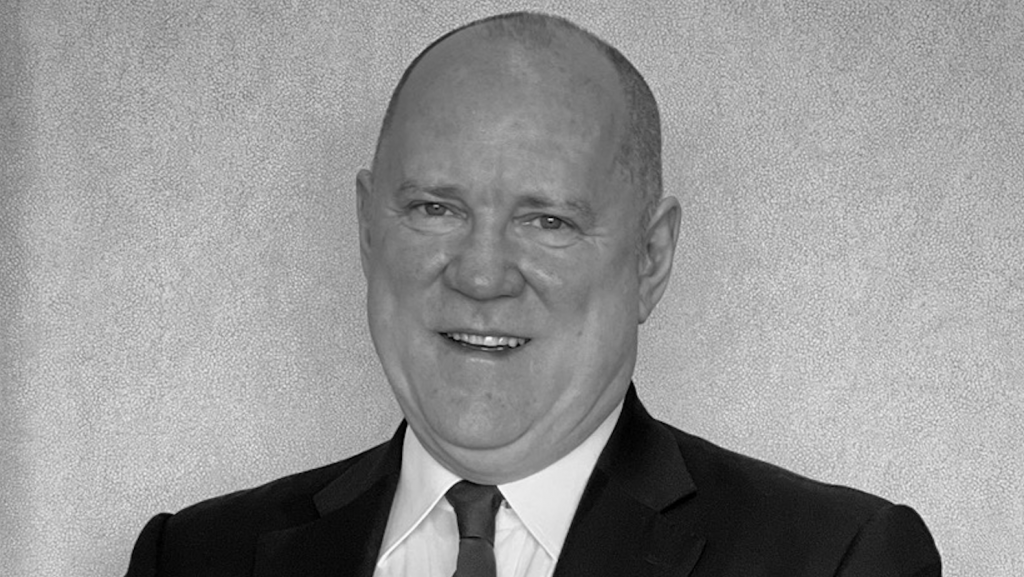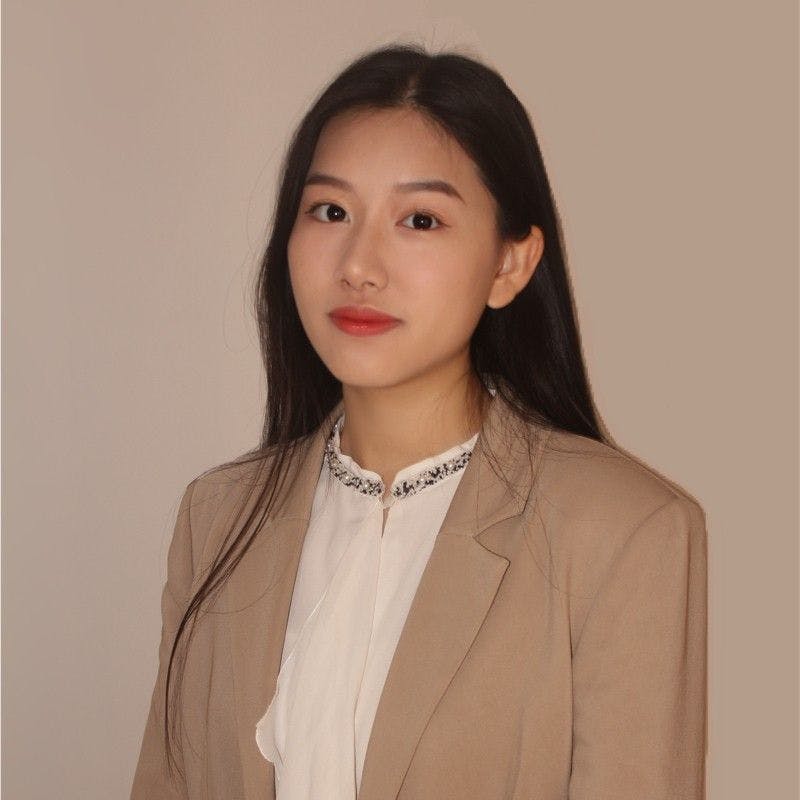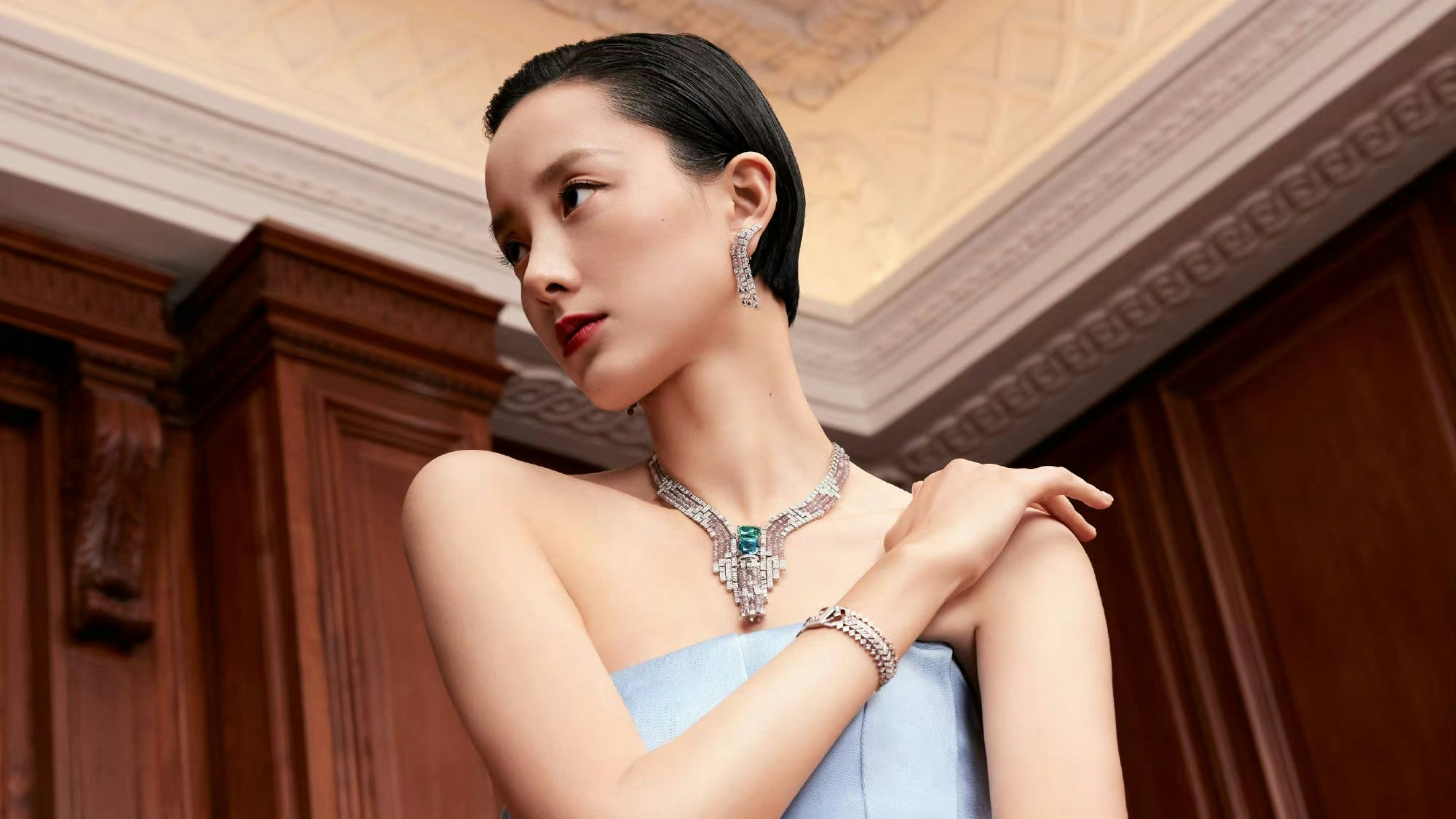What happened
Luxury conglomerate LVMH has appointed Michael Schriver, a veteran of the luxury industry, as group president of North Asia. Schriver will oversee the markets of China and South Korea, while the respective presidents — Andrew Wu of Greater China and Hyun Ouk Cho of South Korea — will now report directly to him.
Michael Schriver has over 24 years of experience in operating across Asian markets. Previously, he worked for DFS, LVMH’s duty-free retail component, for 16 years and held the role of chief operating officer. Since 2014, he has had the title of Louis Vuitton North Asia President.

The Jing Take
The appointment comes at a challenging time for companies operating in the region. Strict COVID-19 policies and lockdown measures have made the Chinese market unpredictable. This has added to the instability following a number of global issues such as the Russian invasion of Ukraine, inflation, and supply chain disruption.
Brands have been dealing with the above in different ways, from devising new roles, pulling out, reducing brick-and-mortar stores, and debuting on online marketplaces like Tmall and JD.com. In May, Swiss luxury group Richemont, the parent company of Cartier, warned of a slow China recovery — showing less optimism for the market.
In contrast, LVMH’s confidence in local shoppers has not been dampened by the uneven recovery. Bernard Arnault, chairman and chief executive officer of LVMH, stated that the appointment is “a strong signal of our determination to invest in our future in Asia and to enhance collaboration across our organization.” For instance, Louis Vuitton is planning a “spin-off” runway at Aranya Gold Coast — the mainland’s favorite elite resort, which is a two-hour train ride from Beijing — for its Spring 2023 menswear collection on September 16.

LVMH is not alone in giving more power to regional teams to create localized strategies. This year, Kering has also set up a new position: President of Greater China for Gucci. It will be filled by Laurent Cathala (former Tiffany’s North Asia President), who will report directly to Gucci CEO Marco Bizzarri, bypassing the Asia-Pacific President. The decentralization strategy allows for more targeted marketing activities, faster reaction times to consumers, and timely footprint expansion in promising lower-tier cities.
With the country set to become the largest luxury market by 2025, more high-end groups and labels are likely to follow suit. The current challenges are severe — but only temporary.
The Jing Take reports on a piece of the leading news and presents our editorial team’s analysis of the key implications for the luxury industry. In the recurring column, we analyze everything from product drops and mergers to heated debate sprouting on Chinese social media.


